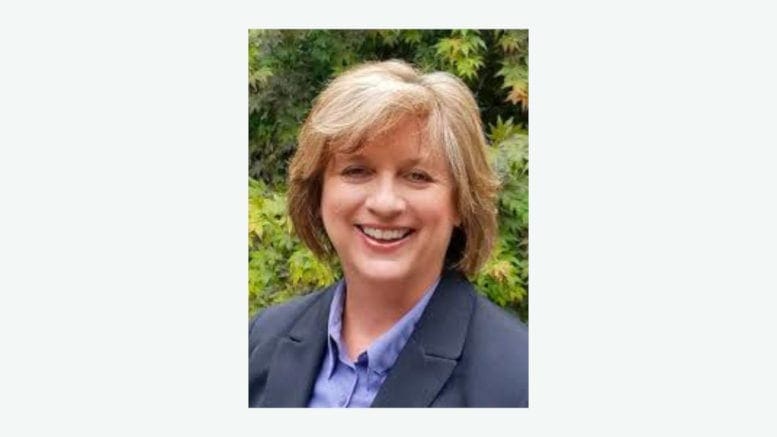By Melanie Dallas, LPC
One thing I like to say about Community Service Boards (CSBs) is that we meet people where they are. The individuals and families we serve have a variety of different needs, and we offer a variety of different services to meet those – outpatient and intensive outpatient services, crisis stabilization and detoxification, residential substance use treatment, day programs for individuals with disabilities, and so much more.
But I am not sure how many people are aware that we also meet people where they are physically – in the community. It is the “community” in Community Service Board that I believe makes CSBs unique, and valuable. Certainly, our clinics and crisis stabilization units are located throughout the communities we serve so that it is easy for people to come to us for help. But as a Community Service Board, we also go to the people we serve.
Among the services we deliver outside of our physical facilities are our aptly-named community-based services. These include low-intensity services such as Community Support Services (CSS) and Addictive Disease Support Services (ADSS) delivered by a certified peer specialist or case manager, often in peoples’ homes, perhaps twice a month. More intensive services, such as Case Management and Intensive Case Management, may be provided weekly and might also include a therapist or a nurse at times, again in peoples’ homes.
Our most intensive community-based service, Assertive Community Treatment (ACT), was conceived as a ‘hospital without walls’ and includes a therapist, nurse, case manager, peer specialist and a psychiatrist – yes, in some cases, doctors still do make house calls. ACT team members are on-call 24/7 and may visit a person at home – whether a private residence, group home, half-way house, homeless encampment – several times a week, depending on the individual’s needs.
Another service we deliver in the community is APEX, a school-based service we provide in several dozen schools. Through the APEX program, a Highland Rivers therapist works in a school with teachers, administrators and counselors to identify children in need of extra support. The children, and often family members as well, can receive services right at the school, during lunch hours, non-class times or after school.
Our co-response programs, which pair a licensed clinician with a uniformed law enforcement officer to respond to individuals in the community in behavioral health crisis, are yet a different type of service provided in the community. We have had such a program in Cobb County since 2019, and are also implementing co-response in Cherokee, Catoosa and Pickens counties. In February, we began a rapid response team specifically for veterans in Cherokee and Pickens counties. In two of our counties, we also provide services directly in the local jails to individuals with mental health needs who are incarcerated.
Finally, we have several partnerships with local hospital emergency departments in which one of our therapists provides assessments to individuals with mental health needs who present at the ED. These partnerships help divert individuals out of EDs and into more appropriate and less costly levels of care. Since we began this program in 2016, we’ve provided thousands of such assessments, with a diversion rate of approximately 50%.
Of course, all of this is in addition to the hundreds of professional trainings and presentations we provide to law enforcement agencies, schools, community groups, accountability courts, healthcare providers and other community partners.
There are 22 CSBs in Georgia that together serve every county in the state, ensuring that individuals who may have limited income, who are uninsured or underinsured, or who have Medicaid or Medicare, are able to access treatment for mental health challenges, substance use disorders, and intellectual and developmental disabilities. We fulfill a critical purpose in the communities we serve with a service delivery model that goes well beyond the walls of our clinics to wherever we are needed.
Melanie Dallas is a licensed professional counselor and CEO of Highland Rivers Behavioral Health, which provides treatment and recovery services for individuals with mental illness, substance use disorders, and intellectual and developmental disabilities in a 13-county region of northwest Georgia that includes Bartow, Cherokee, Cobb, Floyd, Fannin, Gilmer, Gordon, Haralson, Murray, Paulding, Pickens, Polk and Whitfield counties.
